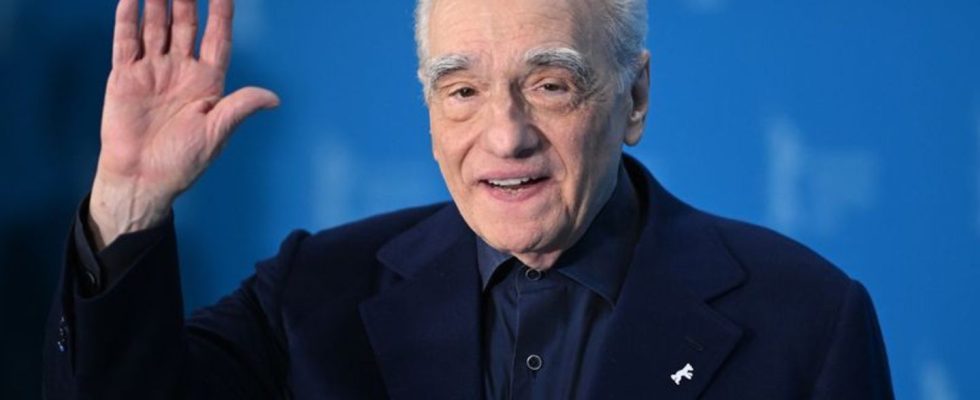Berlinale
Scorsese: The man who brings the street to the screen
Director Martin Scorsese at the Berlinale. photo
© Britta Pedersen/dpa
“Good Fellas”, “Cauldron”, “Casino” – iconic mafia films can be made by Martin Scorsese. Now he receives the Honorary Golden Bear at the Berlinale. Where does the fascination with criminal activities come from?
He is one of the most influential filmmakers since the 1970s Martin Scorsese as an icon of contemporary Hollywood cinema. At the Berlinale, the 81-year-old will be awarded the Honorary Golden Bear for his life’s work. “Many of his works have made film history; the versatility of his work is unique,” is how the International Film Festival describes it.
“Your job is to inspire the audience with your obsessions,” Martin Scorsese was once quoted as saying. He is always able to fascinate audiences and critics with one of these obsessions: the machinations of the mafia, its gangsters and the laws of the street, which the slight New Yorker relentlessly outlined in many of his films. Scorsese’s penchant for the mafia genre is hard to miss. But where do the extraordinary portraits of this milieu come from?
Childhood among Mafiosi
Martin Scorsese was born in New York in 1942 as the son of Sicilian workers. The little boy spent his childhood in the “Little Italy” district – a neighborhood at the time characterized by mafia structures and street crime. “Martin Scorsese owes his best works to his milieu experiences,” writes the Neue Zürcher Zeitung many films and years later, “it was the streets of New York from which Martin Scorsese wrested his best material.”
“Witches’ Cauldron”, a harsh study of life on the streets of New York, first earned him praise from many critics in 1973. In the years that followed, many of these films flickered across the screen; Scorsese’s passion for the mafia genre was sealed with “Goodfellas”, “Casino” and “The Irishman”. His experiences and observations from childhood are constantly reflected in his filmography.
Fascination with power
The filmmaker is particularly interested in one thing about organized crime: the question of power. “How people deal with power, how they gain power, how they lose power, how they fight to maintain their power,” Scorsese tells the Süddeutsche Zeitung magazine. “The question that interests me is always: Who makes the law? Who is the law?” Power can be seen in many institutions: state, church, dynasties or governments. However, there are not only the laws of the state, but also those of the street.
Scorsese actually wanted to become a priest, but falling into the gangster milieu was never an option for the devout Catholic. Instead, he transported his stories from the street to the screen in the director’s chair – and became a Hollywood legend with allies like actor Robert De Niro and cameraman Michael Ballhaus.
This Tuesday (February 20th) Martin Scorsese will be honored at the Berlinale. “For anyone who sees film as the art of shaping a story in such a way that it is both entirely personal and universal, Martin Scorsese is an unsurpassed role model,” said Berlinale management duo Mariette Rissenbeek and Carlo Chatrian, explaining the decision. Scorsese’s look at history and humanity helped “to understand and question who we are, where we come from.”

